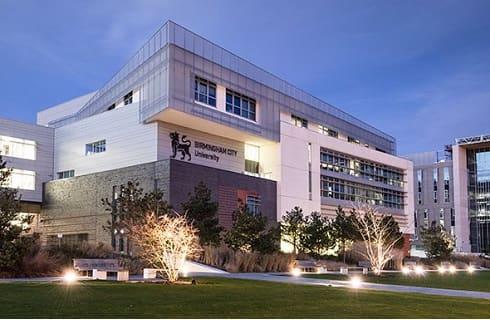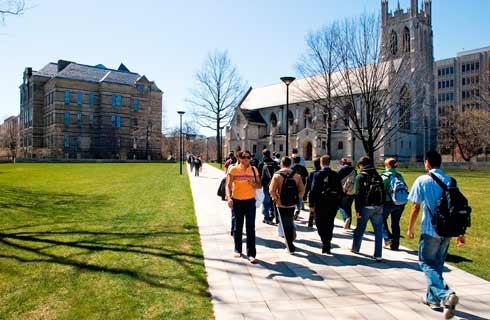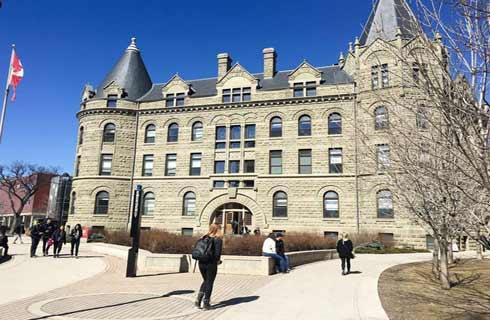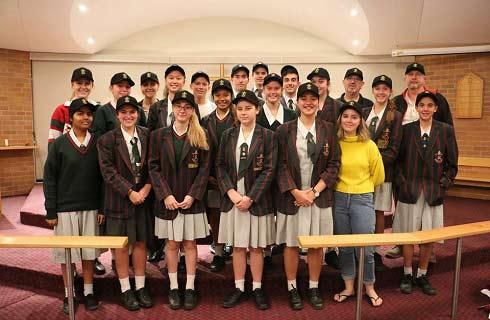MSc / PgDip食品科学与创新
MSc Food Science and Innovation

学历文凭
Masters Degree (Taught)

专业院系
Department of Health Professions

开学时间

课程时长

课程学费

国际学生入学条件
IDP—雅思考试联合主办方

雅思考试总分
6.5
- 雅思总分:6.5
- 托福网考总分:89
- 托福笔试总分:575
- 其他语言考试:Pearson Test of English Academic (‘PTE Academic’) Or PTE Academic UKVI Or PTE Academic Online - 65, with no less than 59 in any section
CRICOS代码:
申请截止日期: 请与IDP联系 以获取详细信息。
课程简介
Through this course, you’ll explore 21st century food manufacturing and develop your understanding of how the biochemical properties of food components influence how foods taste and feel, and how they impact nutrition and health.You’ll explore sensory evaluation, food law and how global trends in trade, regulation and policy influence the sustainability and wider impact of the food chain. You’ll also consider topics such as modern production and analytical technologies, functional foods and labelling legislation, and how to ensure that foods are nutritious and safe to eat.Technical skills are vital to the food industry and they’re an important part of this course. In our dedicated food technology and biochemistry laboratories, you’ll have practical sessions in areas of food production, evaluating the sensory properties of foods, microbiological quality, and the chemical and physical analysis of foods.You’ll also complete a food development project where you’ll create your own innovative foods, working on everything from marketing and sensory analysis to legal requirements – and you’ll create your product too.Past projects include functional yogurts for elderly consumers, and sustainable vegan ice cream made with tiger nuts.
相关申请
 预科
预科 奖学金
奖学金 实习机会
实习机会 在校学习
在校学习 跨境学习
跨境学习 校园授课-线上开始
校园授课-线上开始 在线/远程学习
在线/远程学习
开学时间&学费
学费信息仅供参考,请与IDP联系以获取详细信息
| 开学时间 | 时长 | 学费 | 地点 |
|---|
学校排名

世界排名601
数据源:
泰晤士高等教育世界大学排名
关于曼彻斯特城市大学

曼彻斯特城市大学是英国规模最大的大学之一,拥有来自120多个国家和地区的5000多名国际学生,构成了一个多元化的校园社区。校园位于市中心,地理位置优越,毗邻曼彻斯特世界闻名的音乐、体育和文化场所。曼彻斯特城市大学以其卓越的教学质量而闻名,在2023年卓越教学框架(TEF)中荣获金奖。该大学以其卓越的科研实力而闻名,其中90%的科研成果被评为世界领先或国际优秀(REF 2014-2021)。自2015年以来,学校已投入超过4亿英镑用于教学设施、户外空间和基础设施的建设,旨在打造现代化、先进的学习环境。学校及其教授与产业界和学术界保持着紧密的联系,通过实习、见习和毕业生职位等方式为学生创造就业机会。学生全年都可以参加各种招聘会,与潜在的未来雇主见面。曼彻斯特城市大学知识渊博、热情友好的国际办公室将全程为国际学生提供申请支持。该团队定期举办线上活动,并随时解答学生在离开本国前遇到的疑问。国际学生抵达曼彻斯特城市大学后,大学将提供更多个性化支持,包括移民、职业发展、财务、身心健康和学习等方面的额外帮助,例如英语课程,以及来自学术和学习技能团队的指导。学生服务中心提供所有与学生相关的资讯服务,团队还可以为学生转介至其他专业机构寻求进一步的帮助。曼彻斯特拥有丰富的文化、历史和独特的魅力,为学生提供宝贵的学习体验。该市在英国学生城市排名中位列前五(QS最佳学生城市,2026),在英格兰学生体验排名中位列第七(全国学生调查,2025)。
本校相关课程

理学硕士动物园保护生物学
学历文凭
Masters Degree (Taught)
开学日期
课程费用总额


理学学士(荣誉)人类生理学
学历文凭
Bachelor Degree with Honours
开学日期
课程费用总额


理学士(荣誉)自然地理学
学历文凭
Bachelor Degree with Honours
开学日期
课程费用总额


理学学士(荣誉)微生物学和分子生物学
学历文凭
Bachelor Degree with Honours
开学日期
课程费用总额


理学士(荣誉)药物和生物化学
学历文凭
Bachelor Degree with Honours
开学日期
课程费用总额


环境科学(荣誉)理学士
学历文凭
Bachelor Degree with Honours
开学日期
课程费用总额

其他相关课程

食品科学研究生文凭
 墨尔本大学
墨尔本大学学历文凭
Graduate Diploma
开学日期
课程费用总额


食品研究学士学位,并获得食品科学与技术文凭[墨尔本]
 威廉姆·安格利斯职业技术学院
威廉姆·安格利斯职业技术学院学历文凭
Bachelor Degree
开学日期
课程费用总额


理科文凭-食品科学
 新南威尔士大学预科学院
新南威尔士大学预科学院学历文凭
Diploma
开学日期
课程费用总额


新西兰食品和饮料服务证书(4级)(餐厅服务)
 奥塔哥理工学院
奥塔哥理工学院学历文凭
Certificate level 4
开学日期
课程费用总额


食品科学与营养理学士(荣誉)学位
 诺森比亚大学
诺森比亚大学学历文凭
Bachelor Degree with Honours
开学日期
课程费用总额


Certificate III in Commercial Cookery
萨尔福德大学
学历文凭
Certificate III
开学日期
课程费用总额










